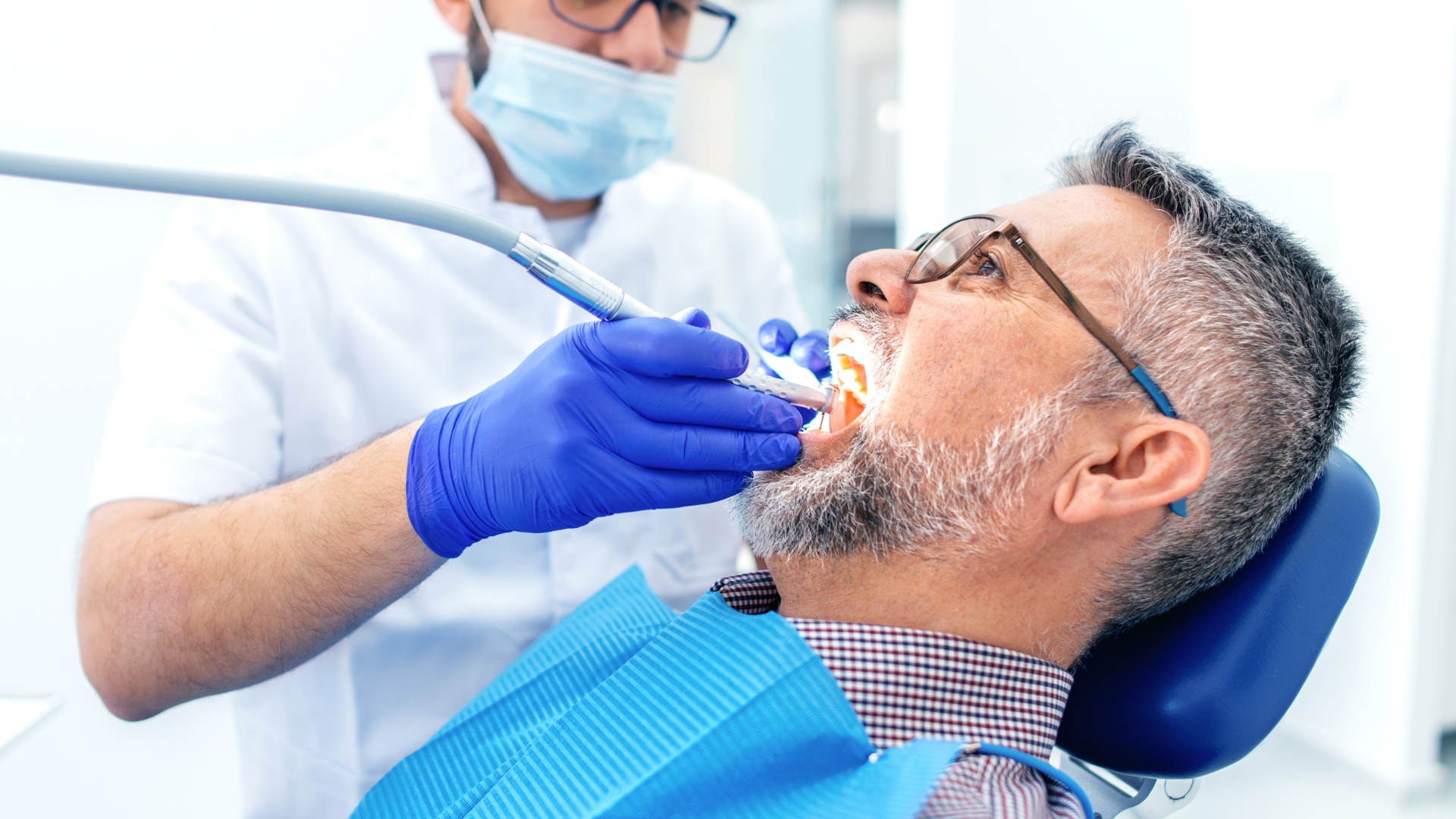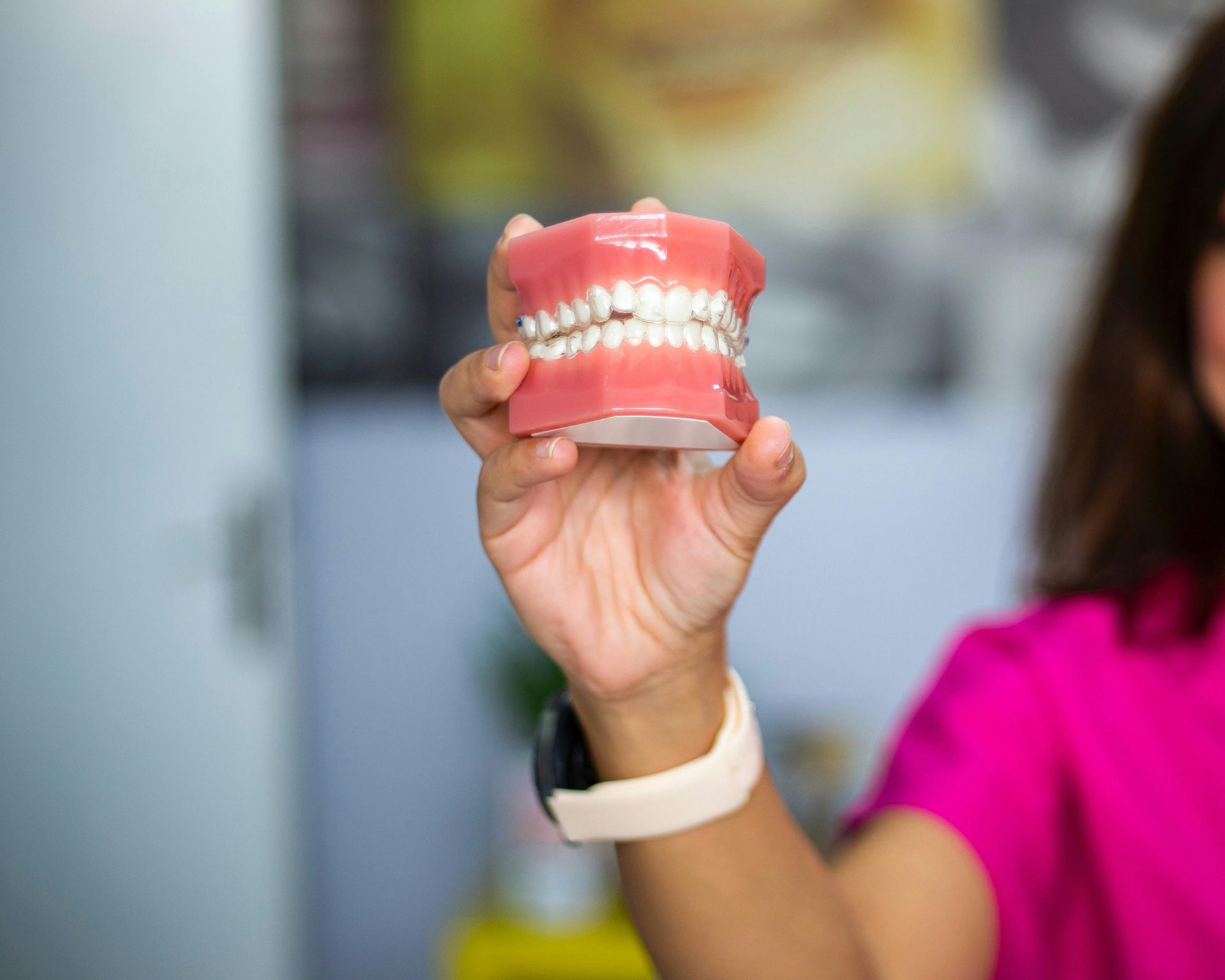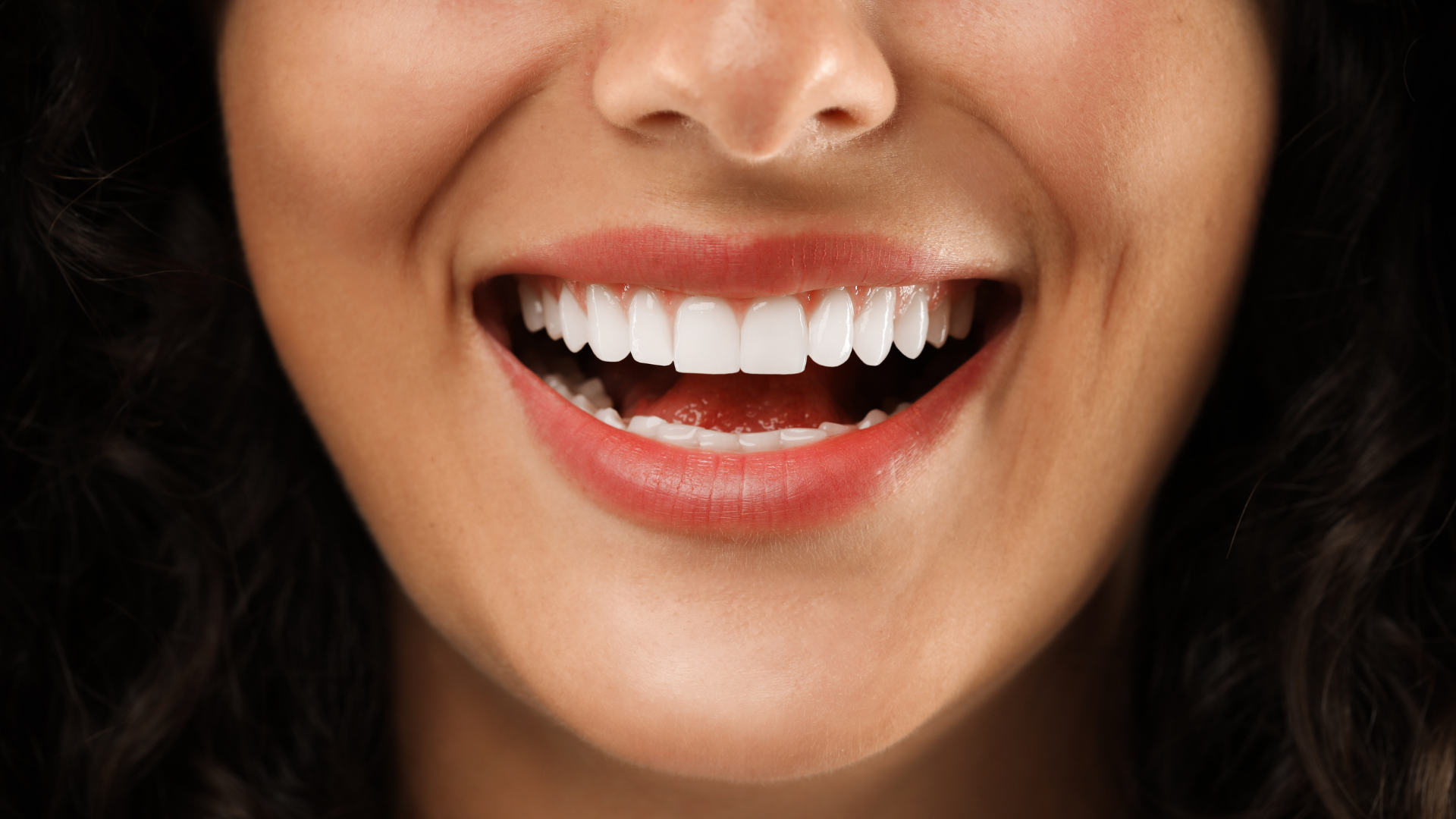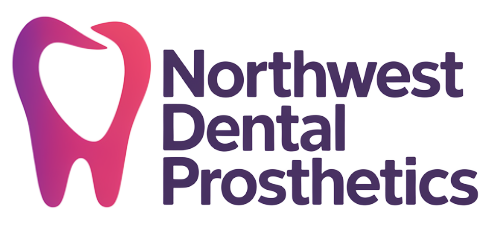What are Dental Prosthetics?
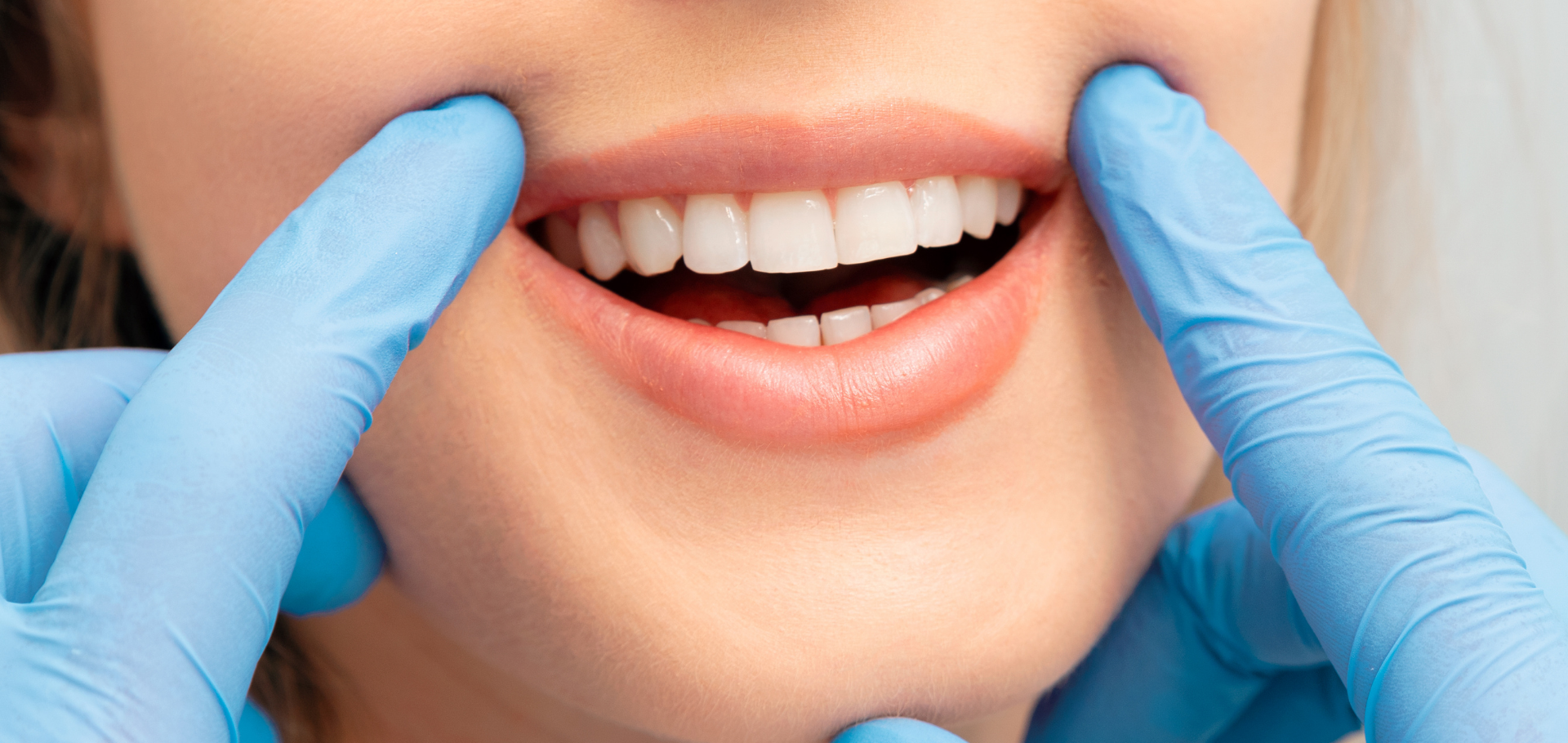
Tooth loss isn’t just a cosmetic issue—it can impact your ability to eat, speak, and maintain good oral health. That’s where dental prosthetics come in. Whether you're missing one tooth or several, modern dental prosthetics offer a range of solutions to restore function, improve appearance, and enhance overall quality of life.
At Northwest Dental Prosthetics, we specialize in custom prosthetic solutions designed to fit your needs, lifestyle, and budget. But before choosing the right option, it’s important to understand what dental prosthetics are and who can benefit from them.
What Are Dental Prosthetics?
Dental prosthetics are artificial replacements for missing or damaged teeth. They're custom-made to restore both the appearance and functionality of your natural teeth. These prosthetics can be removable, fixed, or supported by implants, depending on the type and complexity of the tooth loss.
Common Types of Dental Prosthetics:
- Crowns:
- Tooth-shaped caps that cover damaged or weakened teeth.
- Often used after root canals or to protect a fractured tooth.
- Bridges:
- A fixed prosthetic that “bridges” the gap created by one or more missing teeth.
- Anchored to neighboring teeth or dental implants.
- Dentures:
- Full dentures replace all teeth in the upper or lower jaw.
- Partial dentures replace several missing teeth and are attached to the remaining natural teeth.
- Available in removable and implant-supported varieties.
- Dental Implants:
- Titanium posts surgically placed in the jawbone, acting as roots for crowns, bridges, or dentures.
- Offer the most stable and natural-feeling solution for tooth replacement.
Who Needs Dental Prosthetics?
Dental prosthetics aren’t just for seniors or those with complete tooth loss. You may be surprised how many situations call for some form of prosthetic dentistry. Here are the most common reasons people need dental prosthetics:
1. Missing Teeth
Whether due to injury, decay, or gum disease, missing teeth should be replaced to prevent shifting of adjacent teeth, bone loss, and problems with chewing and speaking.
2. Damaged or Worn Teeth
Severely cracked, decayed, or worn-down teeth often need crowns or overlays to restore their structure and function.
3. Tooth Extraction Follow-Up
After a tooth extraction, a prosthetic solution is typically recommended to fill the gap and maintain a healthy bite alignment.
4. Support for Complex Dental Restorations
Patients undergoing full-mouth rehabilitation or smile makeovers may need a combination of crowns, implants, and bridges.
5. Cosmetic and Confidence Concerns
Even a single missing tooth can affect a person’s self-confidence. Dental prosthetics restore a natural-looking smile and often improve a patient’s emotional well-being.
Benefits of Dental Prosthetics
- Improved ability to chew and speak
- Enhanced facial structure and support
- Prevention of bone loss and tooth shifting
- Increased self-confidence and comfort in social settings
- Long-term oral health improvement
Is It Time to Consider a Dental Prosthetic?
If you’re experiencing difficulty chewing, avoiding photos, or noticing your teeth shifting after a lost tooth, you could benefit from a consultation. Prosthetic dentistry is more advanced, comfortable, and natural-looking than ever before.
At Northwest Dental Prosthetics, we’re here to guide you through your options—from single-tooth replacements to full-arch restorations. We’ll work closely with you to develop a personalized plan that supports your health and confidence.
Ready to take the next step? Call 970-824-2197 to schedule your consultation today. Let us help you restore more than your smile—let’s restore your quality of life.
